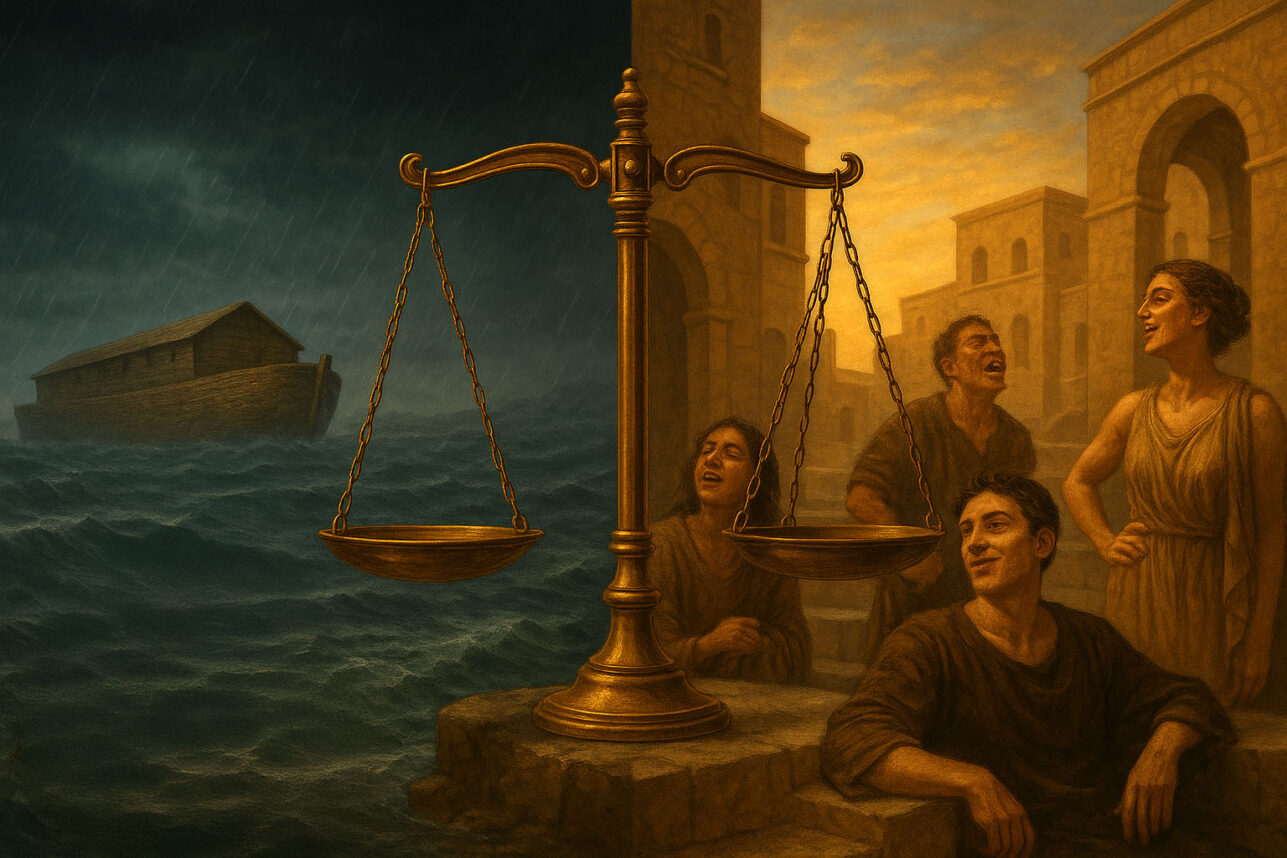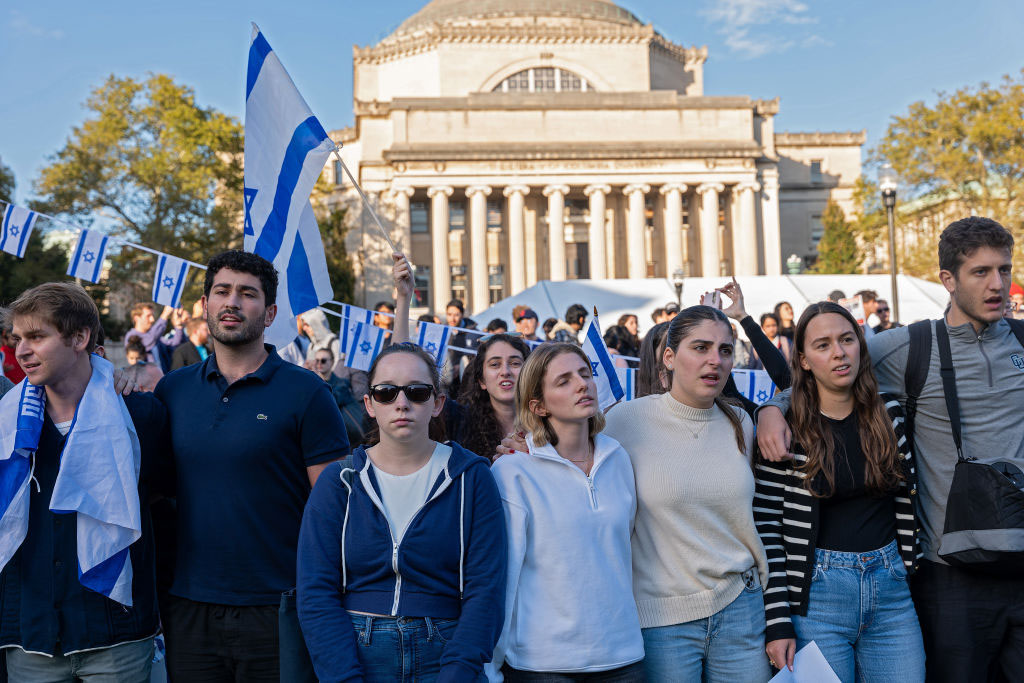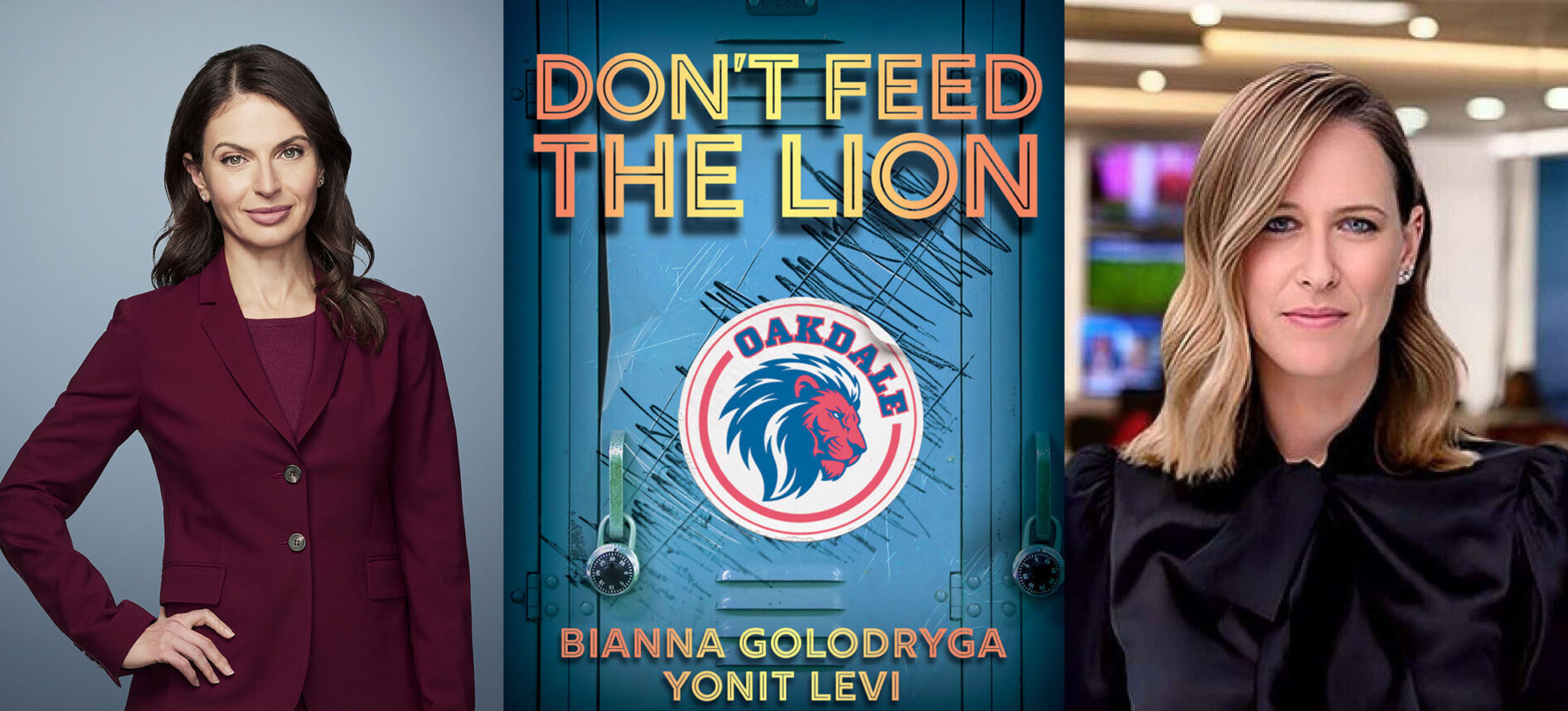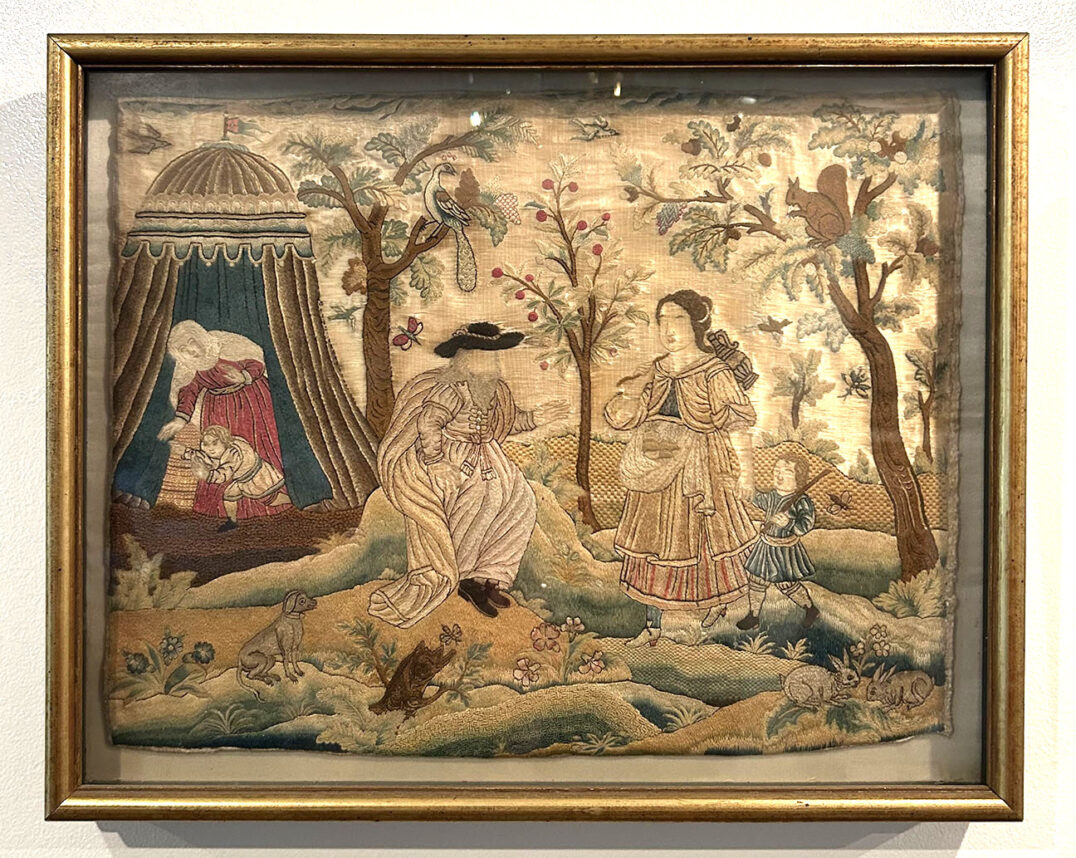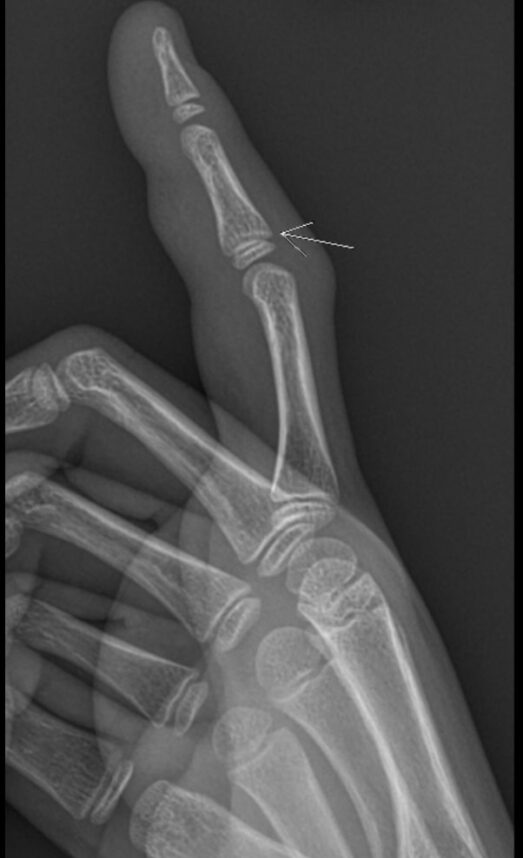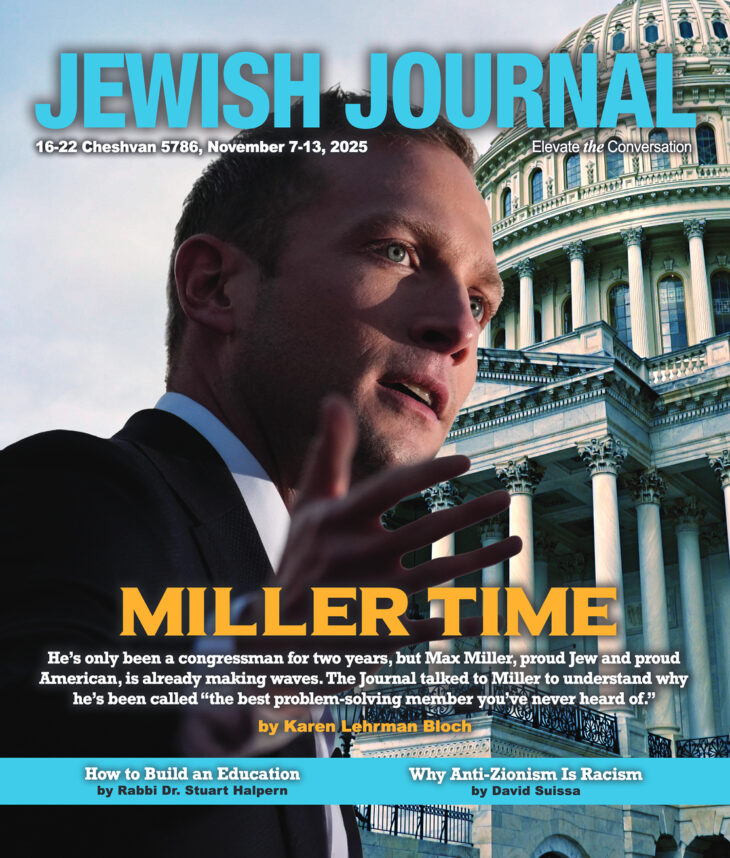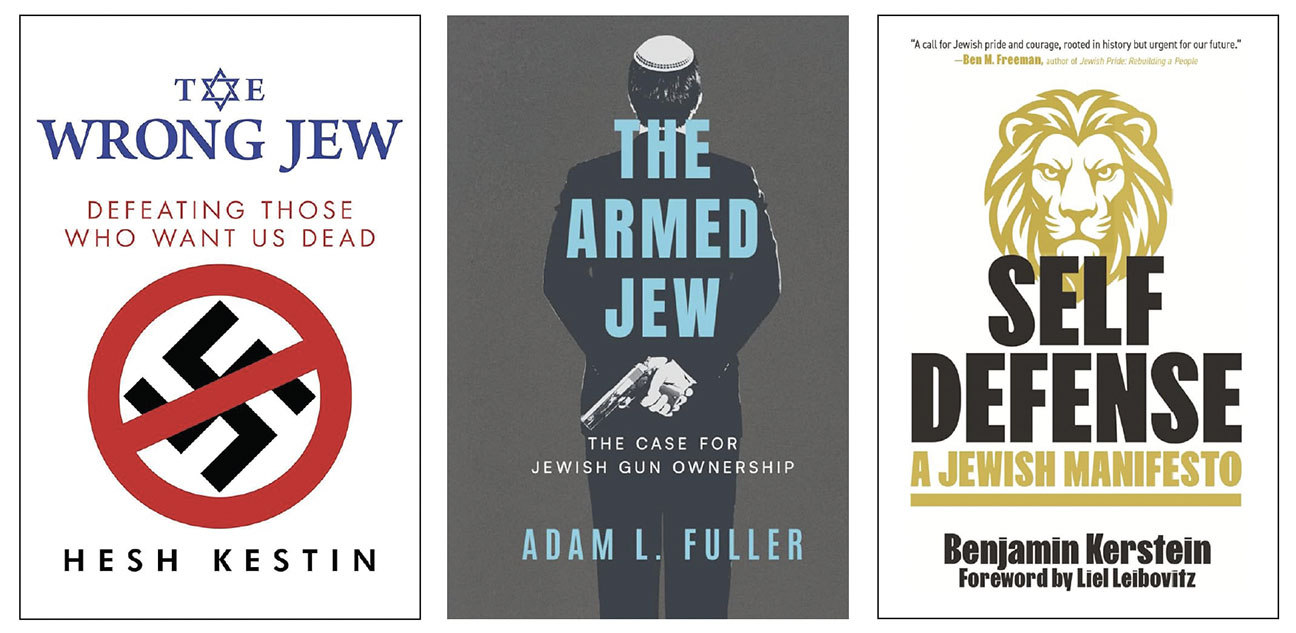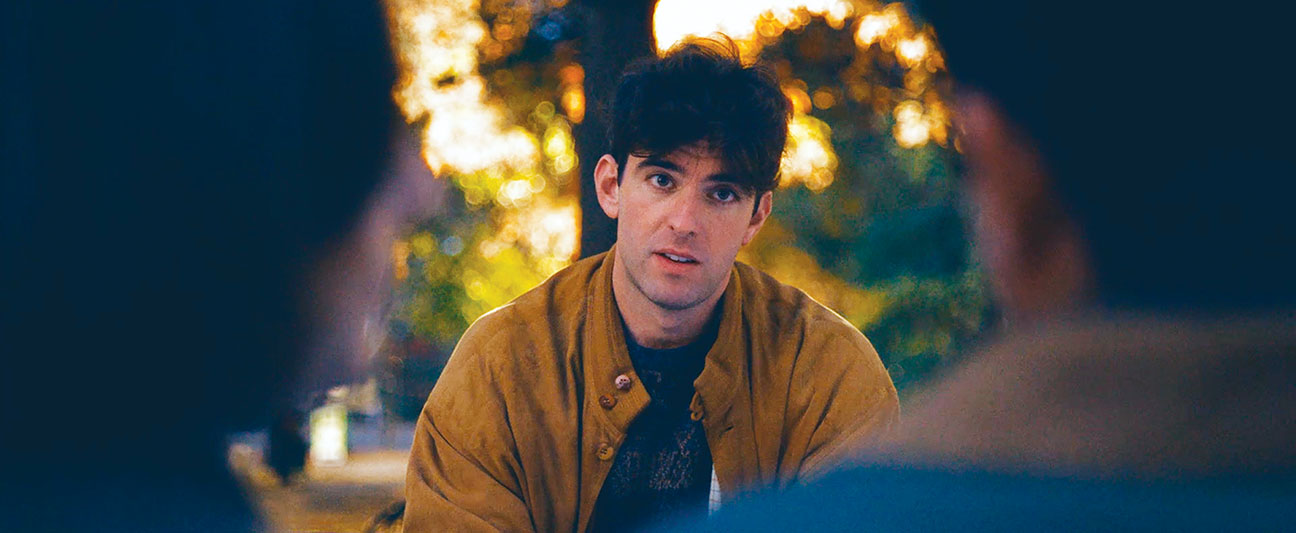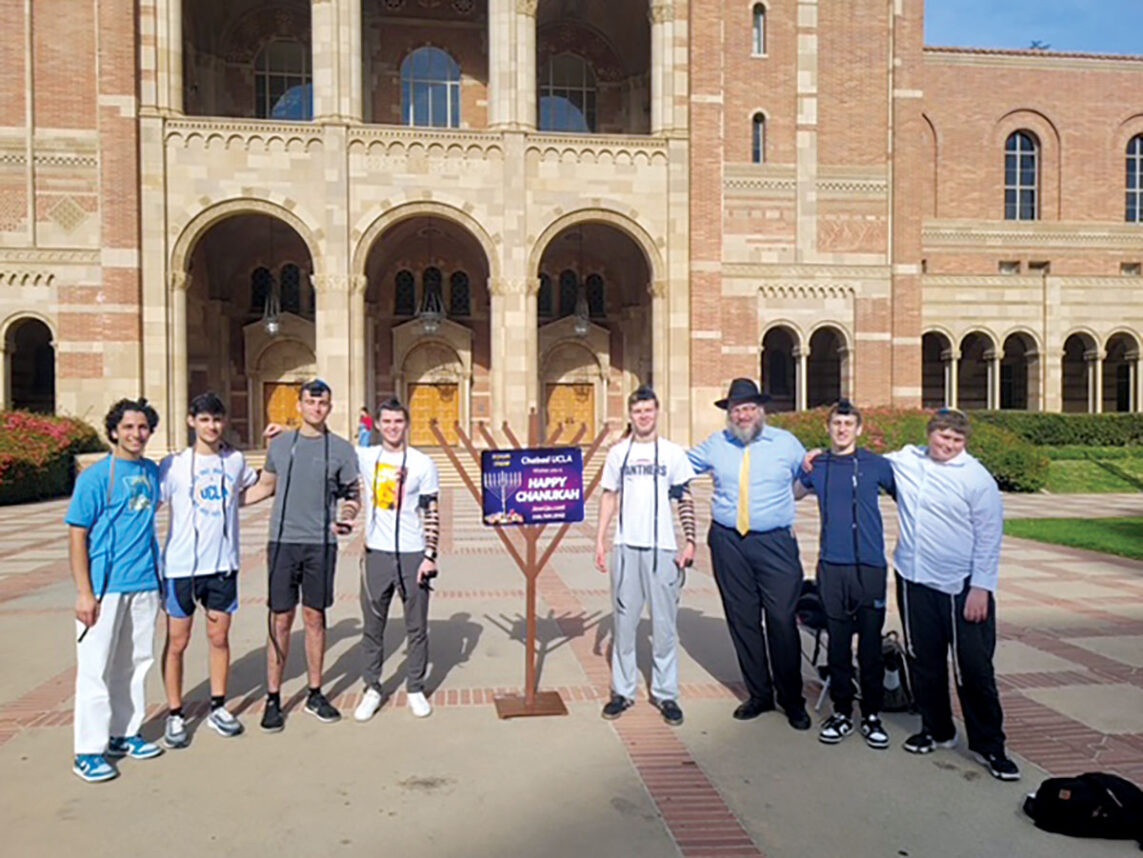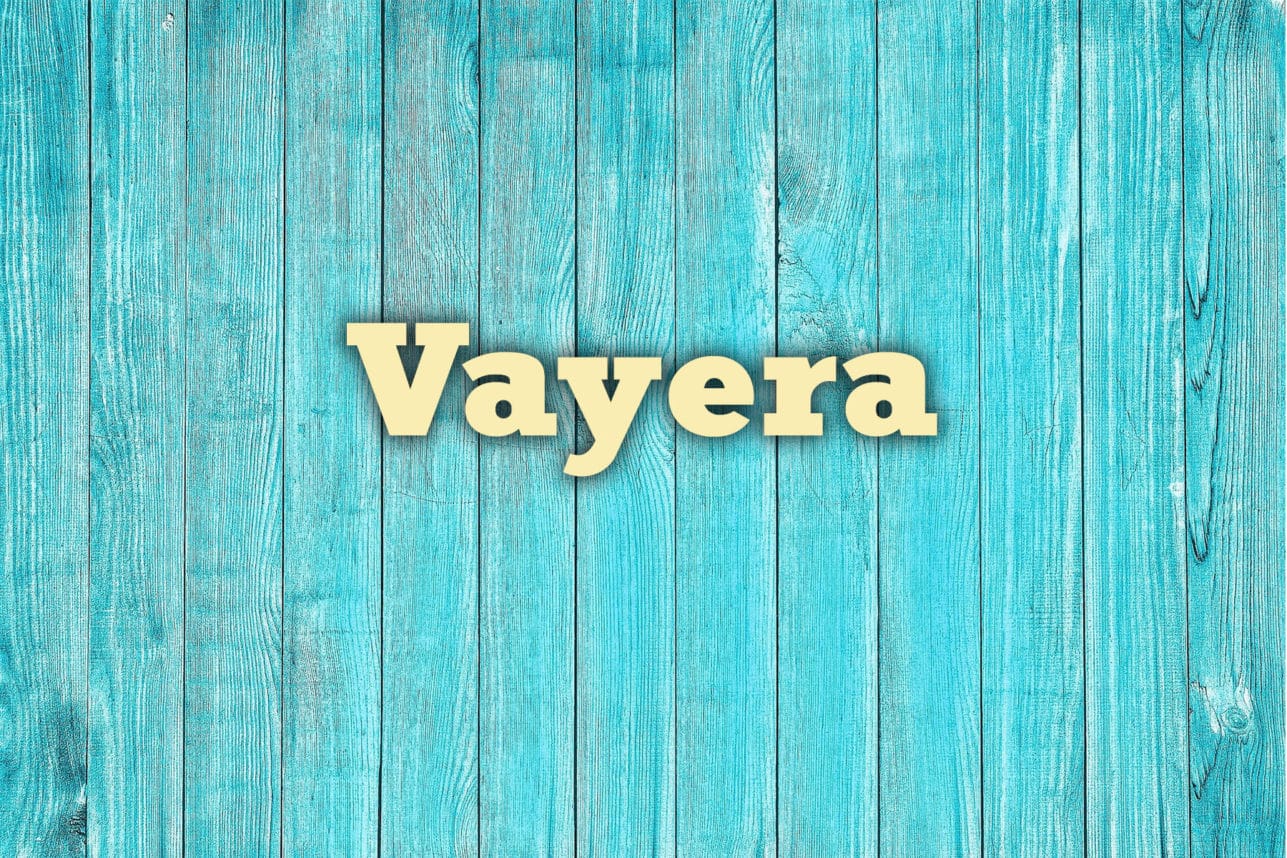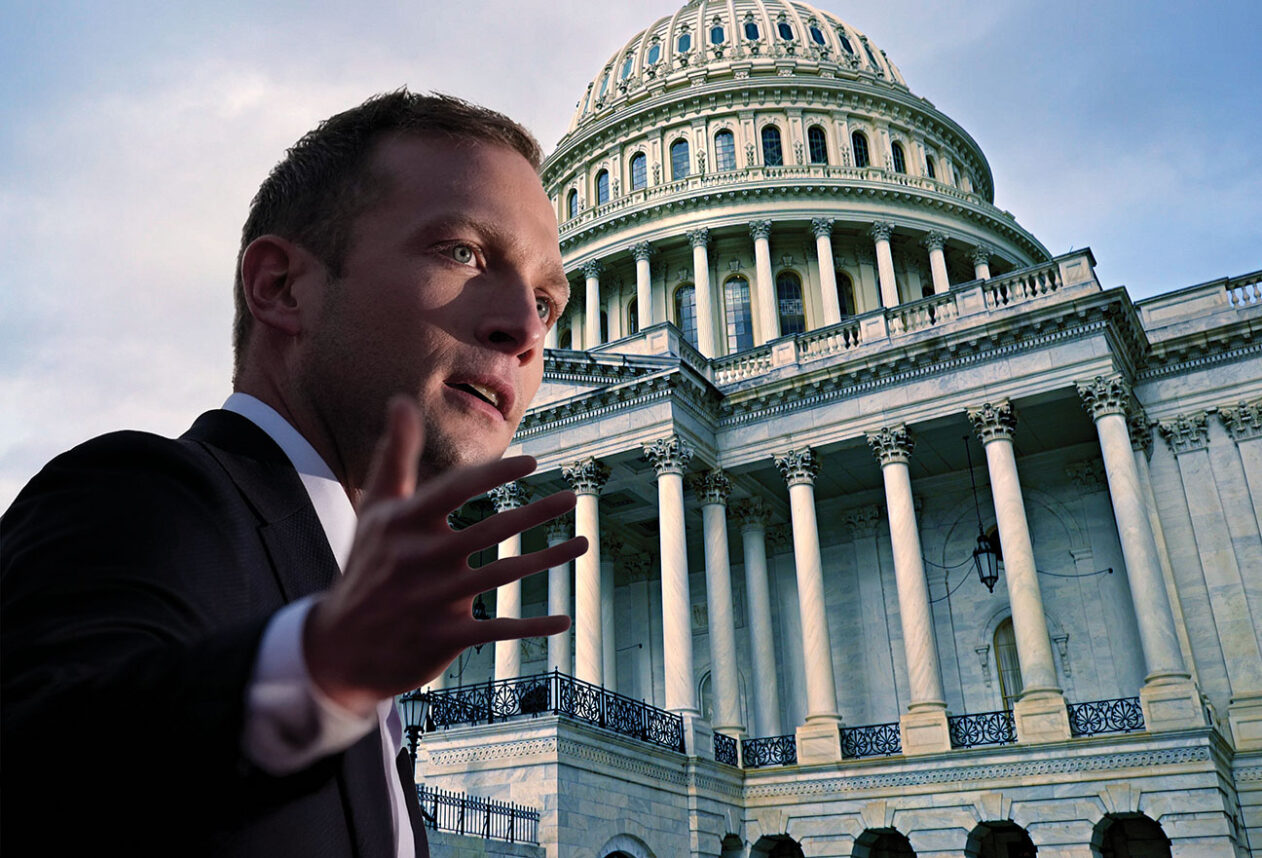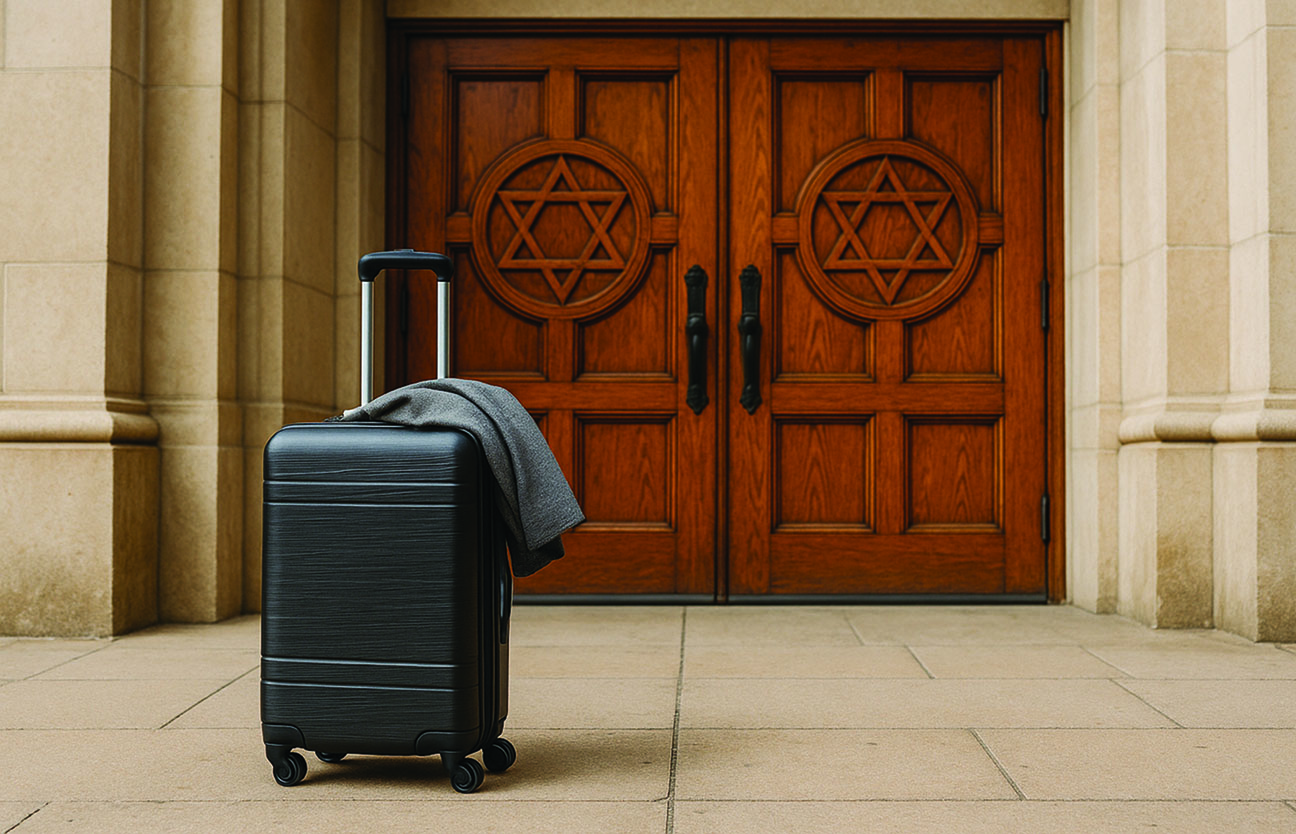Tony Kushner burst into the zeitgeist in the early 1990s with his operatic “Angels in America: A Gay Fantasia on National Themes,” a two-evening exploration of rage, hope and irony in the era of AIDS and Reagan Republicanism. The epic, which like all of Kushner’s work is as defined by his Judaism as by his gay identity, secured the author a Pulitzer Prize at the age of 36, even as it changed the very nature of American theater.
On Nov. 5, Kushner, 51, will appear at the Celebration of Jewish Books at American Jewish University (formerly the University of Judaism); there he can be expected to talk not just about his plays, which depict the collision of powerful societal forces and the anxiety of turbulent change, but also about the intersection of life and art.
Kushner’s eerily prescient “Homebody/Kabul” spotlights tension between Afghanistan and the West (the play was completed months before Sept. 11, 2001); his translation and adaptation of Brecht’s “Mother Courage and Her Children” highlights the “terrible price” paid by those who live off of war, and his musical, “Caroline, or Change,” was inspired by his own upbringing in small-town Louisiana on the eve of the civil rights movement.
Kushner’s debut feature film screenplay, Steven Spielberg’s “Munich,” portrayed conflicted Mossad agents on a mission to assassinate the terrorists of the 1972 Munich Olympics, prompting critics to call him anti-Israel and a self-hating Jew. He replied with a wickedly funny but ultimately serious editorial titled, “Defending ‘Munich’ to my Mishpocheh.”
Kushner is now writing the script for a Spielberg Abraham Lincoln bio-pic, slated for a 2009 release. He is also awaiting the PBS premiere of “Wrestling With Angels,” Freida Lee Mock’s documentary about the playwright’s life, which will air on KCET on Dec. 12 at 9 p.m. He spoke to The Journal by phone from Manhattan.
Jewish Journal: On the one hand, Lincoln and the Civil War seems like a perfect Tony Kushner subject, in that it focuses on a time of drastic upheaval. But much of your previous work has been inspired by your Jewish consciousness — where’s the connection here?
Tony Kushner: Just as is the case with a figure like Martin Luther King and the civil rights movement, Lincoln and the abolitionists were Christian but they feel Jewish to me, in a sense. Much of the religious rhetoric of the 19th century, especially around the war, draws heavily from the Holy Scriptures and not so much from the New Testament. So you have Lincoln very rarely citing Christ and often speaking from the Proverbs and Psalms and Isaiah. In a certain sense, his thinking and his ethical deliberation seem very talmudic. The Talmud is really a lot of people very carefully poring over text and trying to come to a way of making scripture, which is poetry, commensurable with ethical thinking, which is a kind of logical thinking, and Lincoln was profoundly logical. He was also a person with great sorrow, someone who understood suffering in a very direct way, and you can’t really understand Jewish history if you don’t understand suffering and sorrow. He wasn’t someone who knew a lot of black people, or who had a close, deep feeling necessarily for slaves on a personal level, but he could connect with their suffering.
JJ: More books have been written on Lincoln than perhaps any other person except Jesus Christ — it must be a daunting project.
TK: The big problem with the subject is that it’s so vast, and that Lincoln is an inexhaustibly interesting person in the middle of probably the most significant years of American history ever. Our country had been struggling with the great contradiction that had existed from the beginning: namely that we were a democracy in which all men were created equal, and yet in which slavery was permitted. This contradiction was repeatedly sidestepped until the tension just got too great and there was an explosion — the Civil War — which was this astonishing revolution, very bloody and very costly in terms of human life. And this revolution ended the feudal system of slavery, and the sort of nauseating romance of the Old South, and it was the last moment when it was plausible to consider oneself as being in any way part of the modern world and openly endorsing human slavery. And in my reading of Lincoln’s life, he perfectly understood the nature of transformation in a democratic society, and the incredibly tricky balancing act required by its leaders. You cannot do more in a democratic society than people are willing to do, and yet you can’t use that difficulty as an excuse for avoiding ethical leadership.
JJ: You’ve called Lincoln the greatest democratic leader in the history of the world.
TK: I don’t know of any greater. And the scary thing about Lincoln is that when you ask what makes him so great, the answer is, on one level, I have no idea; I don’t understand what he did any more than I understand how Shakespeare wrote ‘Hamlet’ or Mozart wrote ‘Cosi fan tutti.’
JJ: Many people wonder how you wrote ‘Angels in America.’
TK: That’s sweet of you to say, but ‘Angels in America’ is incredibly “small potatoes” when we’re talking about something like Lincoln’s Second Inaugural Address. Not only was he a great political leader and a pretty good military strategist, he was a writer comparable to the greatest American writers of the 19th century — I’m talking about Hawthorne and Whitman and Dickinson and Melville.
JJ: Lincoln was called on to defend the Jews at one point.
TK: There was that infamous incident where Ulysses S. Grant, who was freaked out about black market cotton trading in the Mississippi Valley, decided to throw all the Jews out of Tennessee because he felt that Jewish peddlers were behind a lot of the trading. And a group of Jewish leaders in Washington went to Lincoln and said, ‘Obviously, you can’t do this.’ And they had a very funny exchange where they sort of swapped proverbs and Lincoln of course immediately contacted Grant, who backed off immediately.











